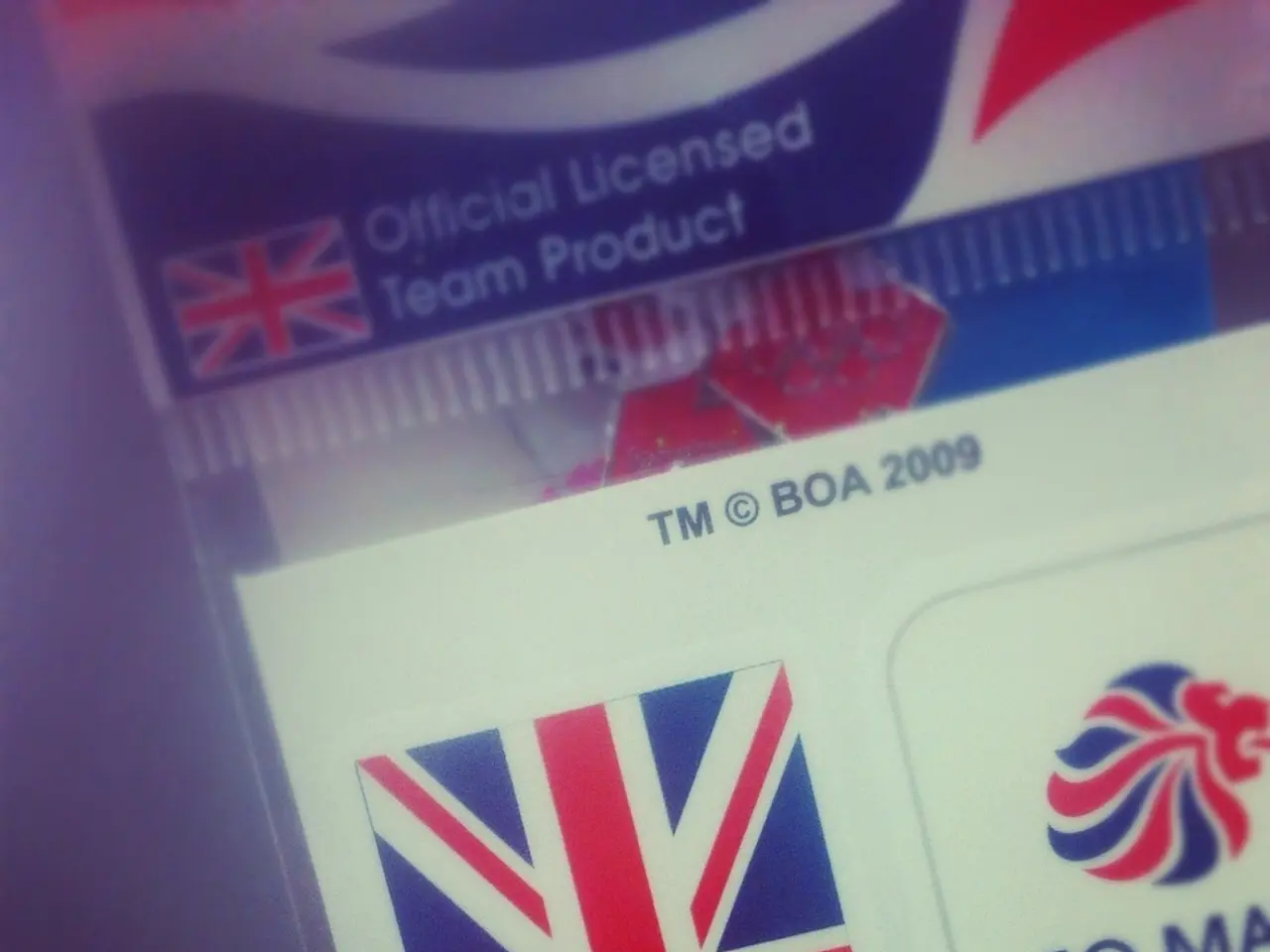Nigeria's Identity Fraud Threat Grows as NINs Exploited
Nigeria is grappling with a growing threat of identity fraud, driven by the misuse of National Identification Numbers (NINs). The National Identity Management Commission (NIMC) has warned citizens about the dangers of sharing their NINs and personal data, as fraudsters exploit the situation to commit crimes. The Nigeria Data Protection Regulation (NDPR), introduced in 2019, aims to safeguard personal data, but enforcement remains inconsistent.
The ease with which Nigerians can sell their NINs and other personal data for as little as ₦2,000 has raised alarm. Poverty and low digital literacy have made many Nigerians vulnerable targets. Fraudsters can use these numbers to open bank accounts, take loans, or impersonate individuals in criminal schemes. If the current trend continues, identity fraud could become common and systemic in Nigeria.
The NDPR, while providing legal protection, has faced challenges in enforcement. Many Nigerians remain unaware of their rights under the regulation, and many organisations do not comply with the rules. Unauthorised platforms, such as AnyVerify, have been openly selling sensitive data, including NINs and Bank Verification Numbers (BVNs), for as little as ₦100. The organisation behind this has not been identified in public records.
To combat this growing threat, NIMC's warnings must be supported by stronger education campaigns and visible enforcement of data privacy laws. Nigerians need to be empowered to protect their digital identities and understand the grave consequences of sharing their NINs or personal information. Stakeholders must work together to ensure consistent enforcement of the NDPR and prevent the sale of sensitive data on unauthorised platforms.





